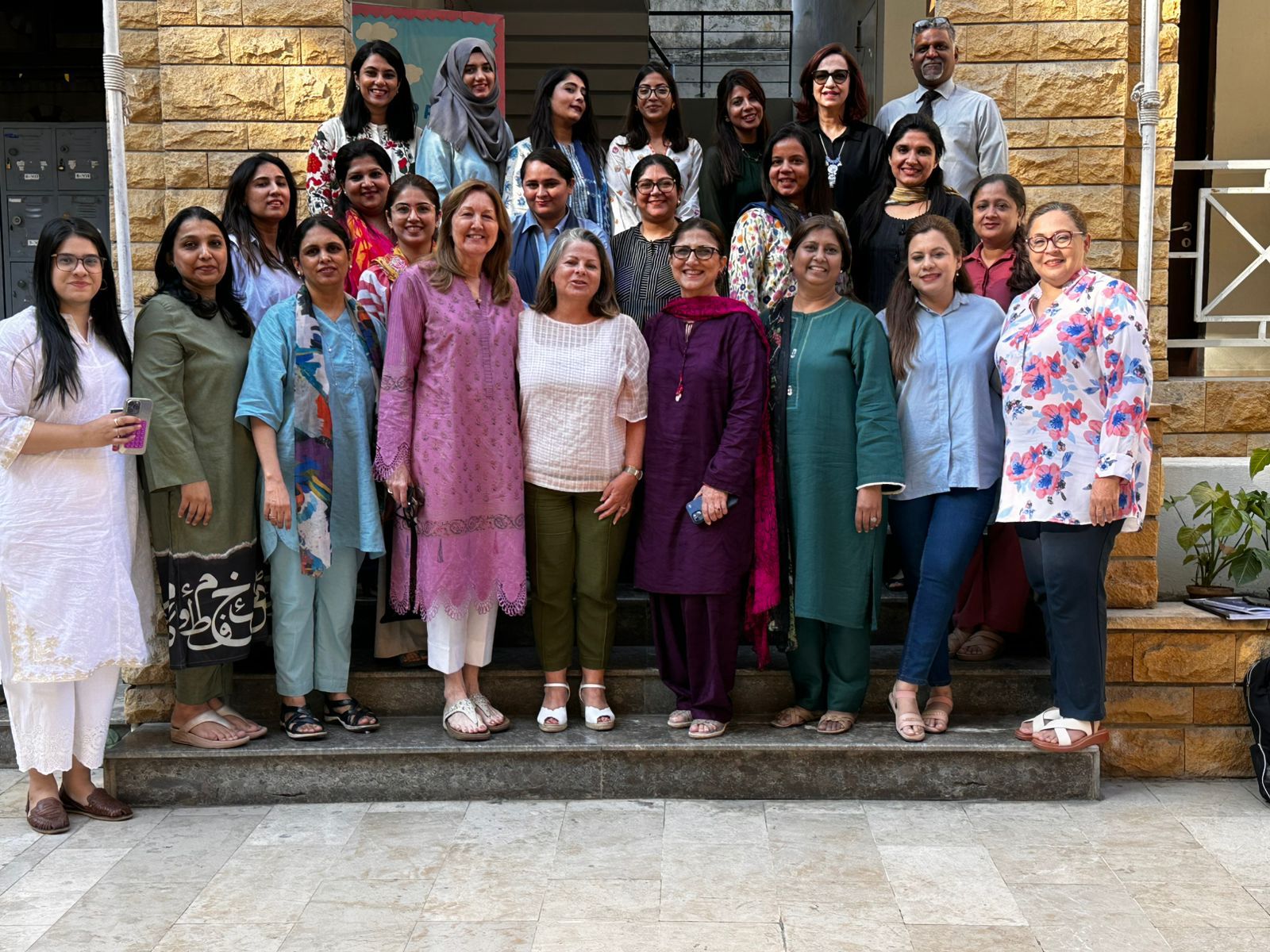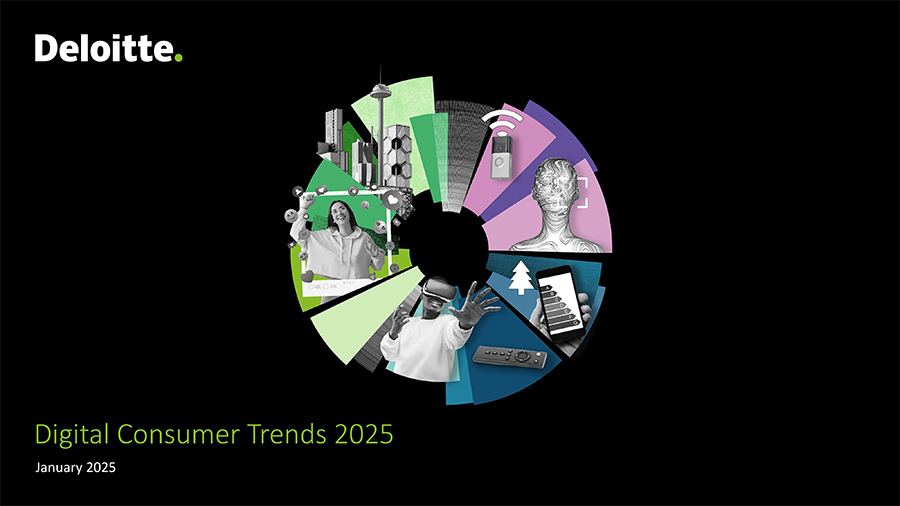 sitting.webp)
Findings from HR TECH MENA SUMMIT
What issues are concerning HR professionals in the Middle East 2025
It is impossible to be certain that the problems in an industry are the same in all regions of the world. This is absolutely not the case, because the development of an industry is influenced by a combination of factors: cultural characteristics, the economic situation, legal legislation, and the use and influence of new technologies.
The reality today is that HR must be a strategist. This means that it must constantly learn, monitor, and analyze emerging innovations, as well as implement new initiatives and not be afraid to experiment.
HR professionals in the Middle East face unique challenges due to the economic, social, and cultural characteristics of the region. During the HR TECH MENA SUMMIT, which took place on May 14–15 in Dubai, we spoke with event participants and identified the key difficulties they encounter in their work.
One of the key challenges is managing a highly diverse workforce consisting of employees of different nationalities, speaking different languages, and following different cultural norms. The complexity of the task is compounded by the need to comply with local labor laws and international business practices, especially given the differences in regulatory frameworks across the Gulf Cooperation Council (GCC) countries.
Respondents also noted that one of the problems is the difference in time zones (when it comes to distributed teams). To mitigate this problem, it is necessary to choose specific times for necessary communication with the team so that everyone is comfortable (not early in the morning or late in the evening).
In addition, rapid digital transformation requires initiatives to improve qualifications, while overcoming employee resistance to change. Unfortunately, it is not always possible to convey the need for change to employees without encountering harsh criticism and rejection. Therefore, it is necessary to gradually implement any changes while receiving feedback from employees and making the necessary adjustments.
Another pressing issue is attracting and retaining the best talent. This requires strategic human resource planning and flexible personnel management solutions. This includes the problem of staff motivation and their interest in their work. If a person wants to change their career path but remain within the company, there should be an opportunity to change projects.
In addition, some visitors noted remote work as a challenge. The concept of remote work is not new, but HR faces a number of challenges, including performance management.
Companies are helped by adapting work schedules by offering flexible working hours and developing remote work policies. Remote work is suitable for IT, media, consulting, and finance, while sectors such as construction, healthcare, and retail depend on physical presence. Effective management requires clear guidelines, digital tools, and the ability to communicate regularly.
Some believe that remote work can lead to burnout, so it is important to pay attention to general team building, corporate events, and motivation and loyalty systems. Creating a favorable working environment for everyone. This is a key task for HR in 2025-2026.
Based on these issues, what practices will HR implement this year and next?
In the Middle East, HR teams are getting creative to keep employees happy, motivated, and growing within the company. To retain staff, companies are working on individual development plans and career paths, flexible and diverse benefits for employees and their families, and recognizing personal achievements. Even a simple “thank you” or a surprise on a holiday, attention from colleagues or a manager plays a huge role in a person's attitude and helps them feel like an important part of the company.
Attracting new talent relies on emphasizing the company's corporate culture and values, as well as its goals and growth opportunities. It is important for potential employees to share the company's values, as they may become its ambassadors over time.
To increase productivity, HR departments combine digital tools with regular feedback conversations, set clear and friendly expectations, and celebrate successes. One-to-one meetings with managers, feedback on tasks, or annual surveys on corporate culture help companies improve and employees feel that they are important in decision-making.
Well-being programs and flexible work schedules, especially during holidays and other unforeseen circumstances, help employees maintain their energy and freely manage their time. Combining tradition and innovation, creating places where people want to stay, thrive, and bring their friends will help companies grow this year and next.
Julia Voloshchenko, Lead PR Manager at Teal HR https://teal-hr.ae/

 EN
EN AR
AR HI
HI ES
ES FR
FR DE
DE











